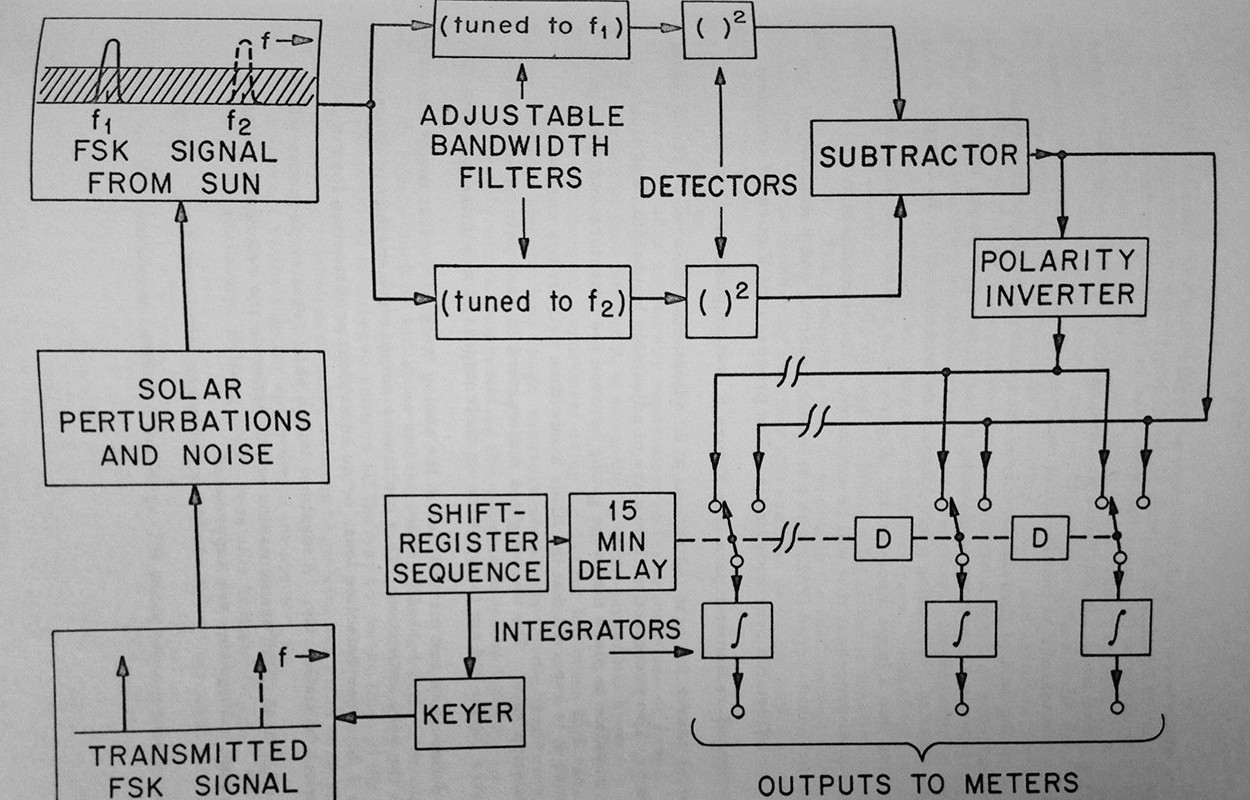Spotlight: Happy Fair Use Week 2018
In celebration of Fair Use Week, the MIT Libraries are hosting two events:
- Fair use game show
February 27, 3-4pm, 3-133.
Join us for food, fair use, and fun! Expert panelists will make arguments for and against fair use and the audience will vote: Fair use or not? Refreshments provided. - Make a fair use kaleidocycle
February 28, 10am–3pm, Lobby 10.
We’re hosting a table where we’ll chat about fair use and give away handy fair use kaleidocycles that you can make at the table or take home. (See how it works here, or download the template).
